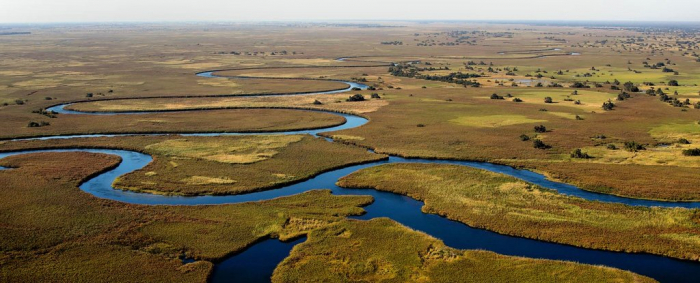Groundwater – fresh water cached underground in soil and between rocks – takes much longer to respond to temperature changes than surface water, the researchers point out.
We rely on rain to keep groundwater stocked up, which means areas seeing hotter weather and less rainfall are going to be lighting the fuse for a future 'timebomb' in which water supplies can't keep up with demand. The time delay potentially makes these 'hidden' shortages even more dangerous.
"Our research shows that groundwater systems take a lot longer to respond to climate change than surface water, with only half of the world's groundwater flows responding fully within 'human' timescales of 100 years," says one of the team, Mark Cuthbert from Cardiff University in the UK.
"This means that in many parts of the world, changes in groundwater flows due to climate change could have a very long legacy. This could be described as an environmental timebomb because any climate change impacts on recharge occurring now, will only fully impact the baseflow to rivers and wetlands a long time later."
In areas more sensitive to climate change – so wet and humid spots like the Amazon and central Africa – the effects on groundwater could be seen within just 10 years, the new study says. In dry and arid regions it could take much longer.
Using readings taken in the field as well as data models, the team estimated that for nearly half the groundwater supplies on the planet, it might take 100 years or more to for levels to replenish or become balanced again.
In some places – such as under the Sahara – we know that groundwater supplies are still responding to climate change 10,000 years ago, when the area was much wetter.
"Groundwater is out of sight and out of mind, this massive hidden resource that people don't think about much, yet it underpins global food production," Cuthbert told AFP.
"The effect we are having now is going to have this really long lag-time in terms of climate change. There's a memory in the system – and the memory is very large in some places."
More than two billion people currently rely on groundwater for drinking and irrigation, and as rain slowly tops it up, water is also discharged through lakes, rivers and streams. If one part of the process (like rainfall) shifts, everything else is pushed out of balance.
And pinpointing exactly how climate change might take its toll on water supplies is crucial, if we're to prepare for and adapt to it. We don't want future generations suddenly and unexpectedly feeling the effects of weather patterns happening over a century earlier.
We know that these groundwater reserves are already feeling the pinch as our demands increase. Even without the impact of climate change, we need to be conserving water better than we're doing at the moment.
"It is essential that the potential for these initially hidden impacts is recognised when developing water management policies, or climate change adaptation strategies for future generations," says Cuthbert.
Nature Climate Change.
More about: #ClimateChange
















































